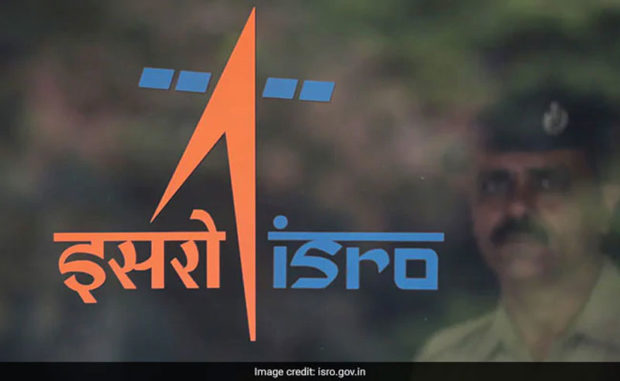
ISRO swinging back to full action; plans to launch geo imaging satellite on Aug 12
Team Udayavani, Jul 10, 2021, 5:12 PM IST

Bengaluru: The Indian Space Research Organisation (ISRO) is getting back into launch activity fully at Sriharikota spaceport with the planned orbiting of geo imaging satellite GISAT-1 onboard the GSLV-F10 rocket on August 12.
It’s going to be only the second launch of the Bengaluru-headquartered space agency in the COVID-19-hit 2021.
ISRO successfully launched the PSLV-C51 mission on February 28 with Brazil’s earth observation satellite Amazonia-1 and 18 co-passengers, including some built by students, on board.
The 2,268-kg GISAT-1 was originally slated to be launched from Sriharikota in Andhra Pradesh’s Nellore district, about 100 km north of Chennai, on March 5 last year but was postponed a day before the blast-off due to technical reasons.
Thereafter the launch was delayed due to COVID-19- induced lockdown which affected normal work.
It was scheduled for March 28 this year but a ”minor issue” with the satellite forced its postponement.
The launch was later expected in April and then in May but the campaign could not be taken up due to lockdown in parts of the country triggered by the second wave of the pandemic.
”We have tentatively planned the GSLV-F10 launch on August 12, at 05.43 am, subject to weather conditions”, an ISRO official told P T I on Saturday.
According to ISRO, GISAT-1 will facilitate near real-time observation of the Indian sub-continent, under cloud-free conditions, at frequent intervals.
GISAT-1 will be placed in a Geosynchronous Transfer Orbit by GSLV-F10 and, subsequently, it will be positioned in the final geostationary orbit, about 36,000 km above earth’s equator, using its onboard propulsion system.
The earth observation satellite will provide the country with real-time images of its borders and also enable quick monitoring of natural disasters.
Experts said positioning the state-of-the-art agile earth observation satellite in geostationary orbit has key advantages.
”It’s going to be a game-changer in some sense for India,” a Department of Space official said.
”With onboard high-resolution cameras, the satellite will allow the country to monitor the Indian landmass and the oceans, particularly its borders, continuously,” the official said.
Listing the objectives of the mission, ISRO had earlier said the satellite would provide near real-time imaging of the large area region of interest at frequent intervals.
It would help in quick monitoring of natural disasters, episodic, and any short-term events.
The third objective is to obtain spectral signatures of agriculture, forestry, mineralogy, disaster warning, cloud properties, snow and glacier, and oceanography.
Udayavani is now on Telegram. Click here to join our channel and stay updated with the latest news.
Top News

Related Articles More

Five names proposed for Dakshina Kannada Congress President

‘BBMP fails to deliver on demolitions’: Whitefield residents demand action

ED raids in BBMP an outcome of squabbling in BJP, says Deputy CM Shivakumar

Govt responsible for delay in ZP, TP elections: State Election Commission

Ramanagara: Forest Department plans new elephant camp to curb human-elephant conflict
MUST WATCH
Latest Additions

CT Squad: Will Rahul and Shami make it? Toss-up between Axar and Jadeja

Five names proposed for Dakshina Kannada Congress President

BGT: SCG track deemed ‘satisfactory’, other pitches rated ‘very good’ by ICC

‘Stranger to child’: SC denies Atul Subhash’s mother custody of his minor son

Ganga dredging in Prayagraj ‘environmental crime’, says SP chief Akhilesh
Thanks for visiting Udayavani
You seem to have an Ad Blocker on.
To continue reading, please turn it off or whitelist Udayavani.

















